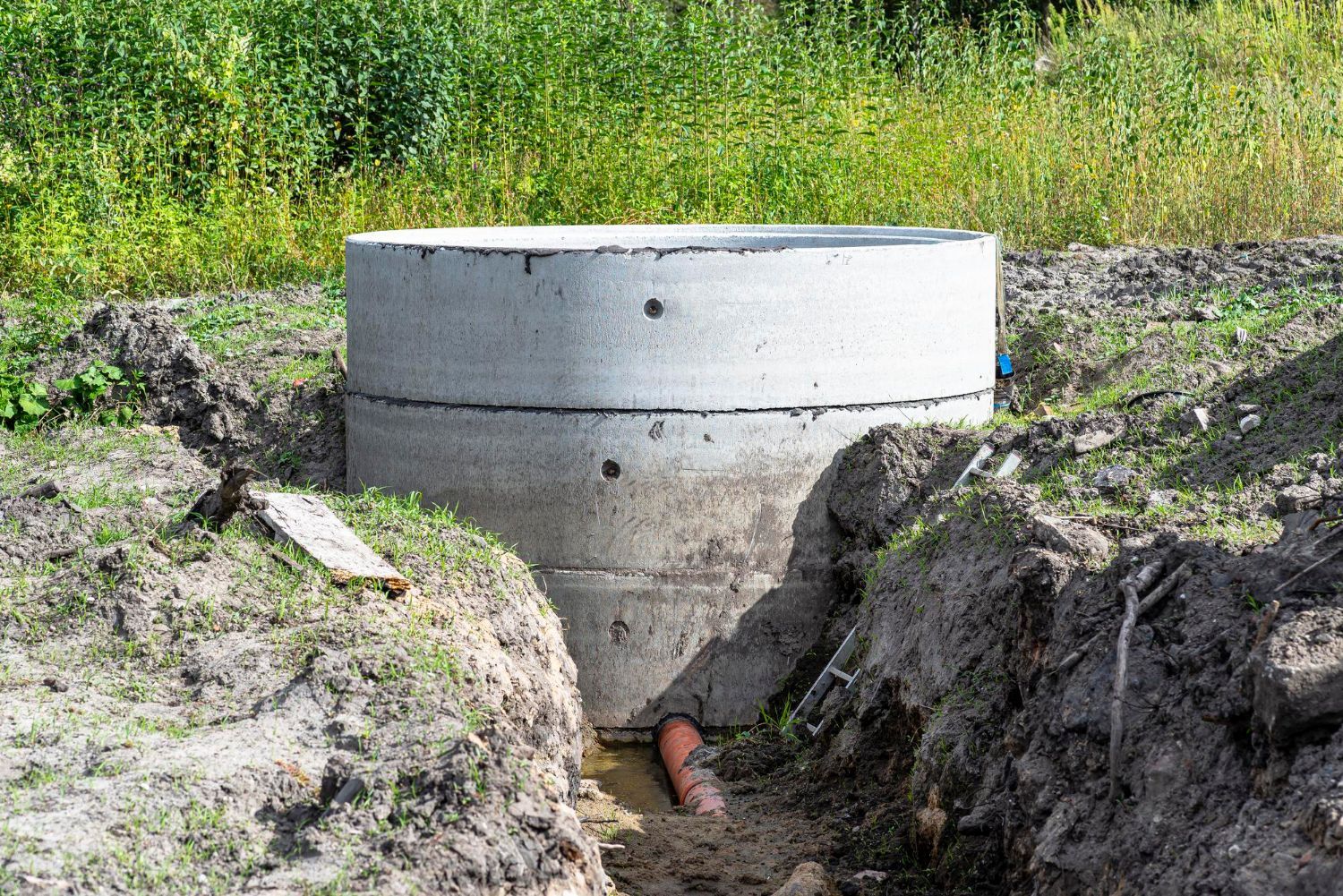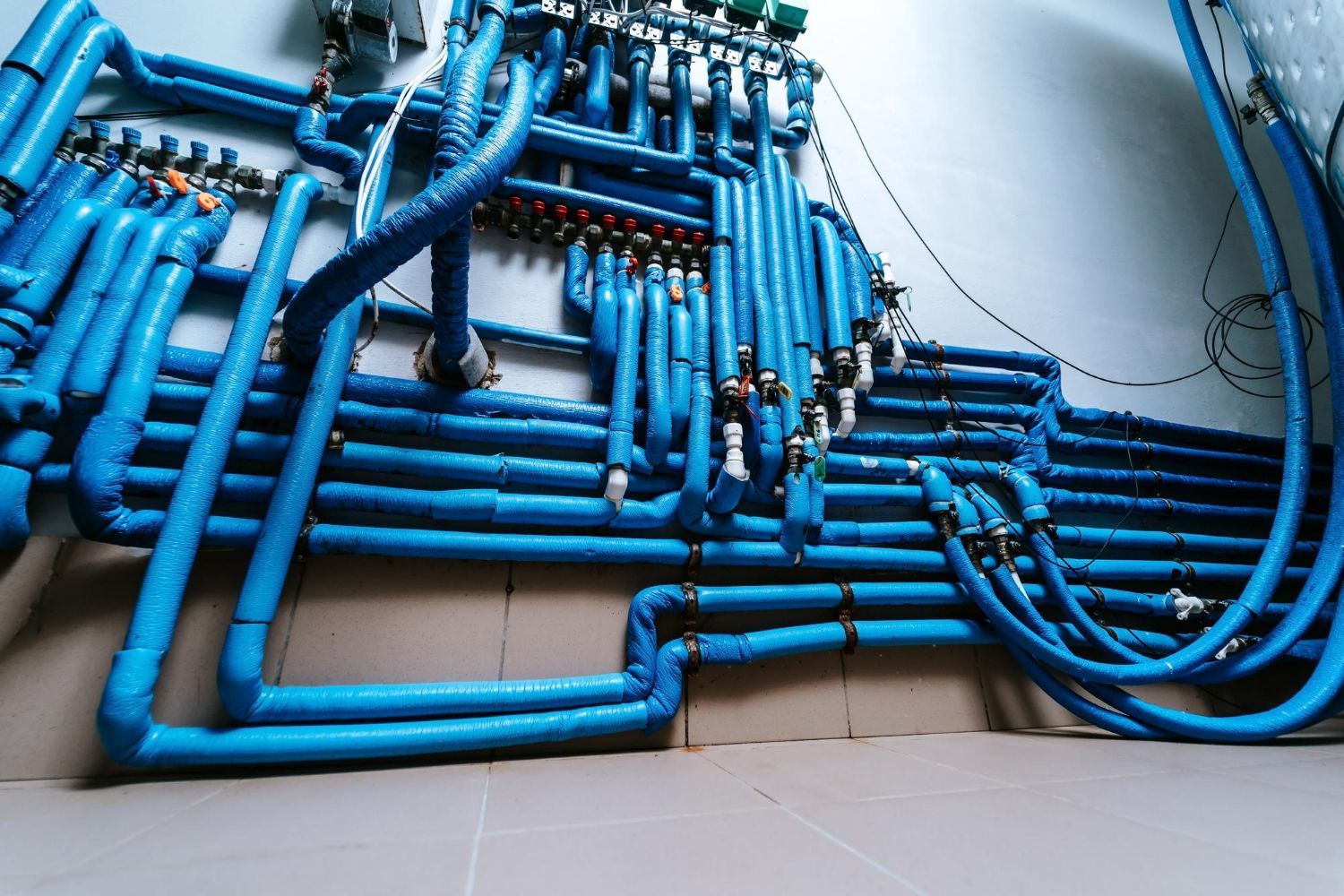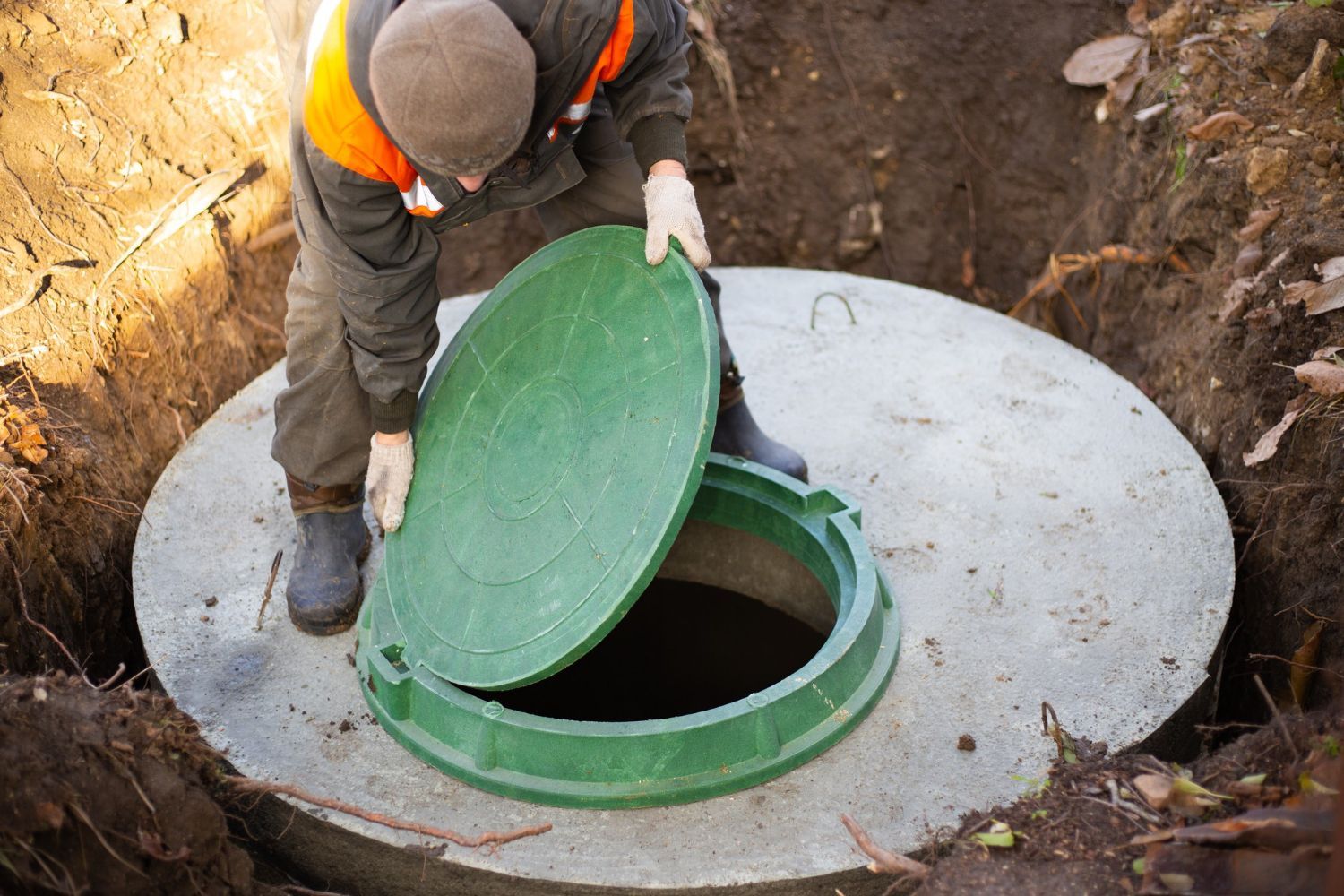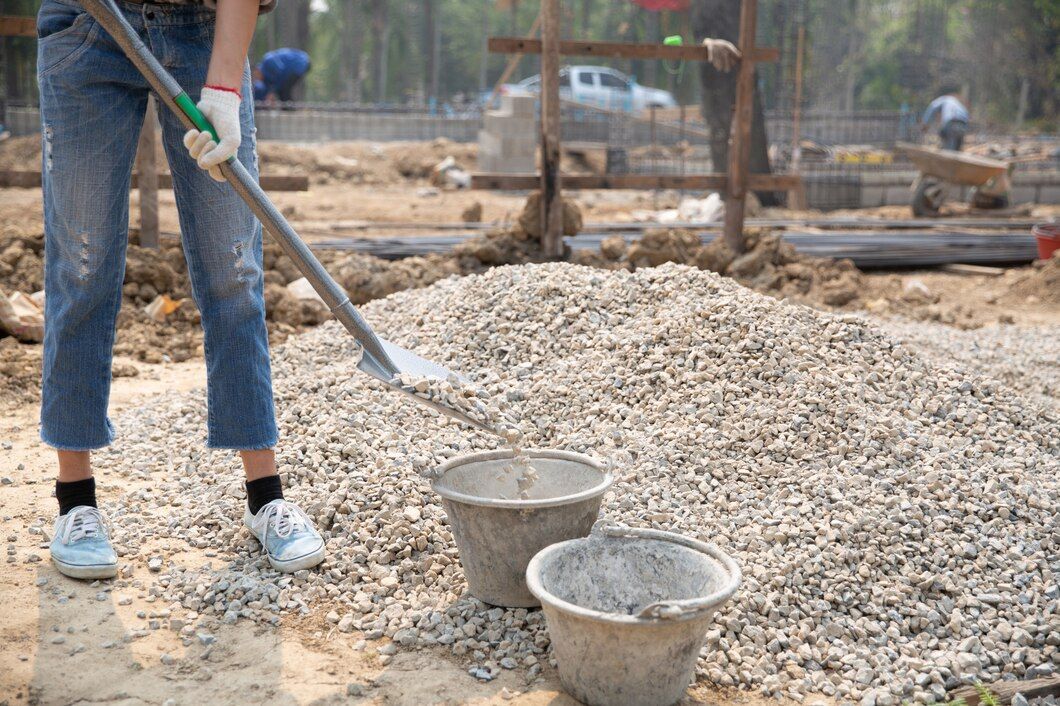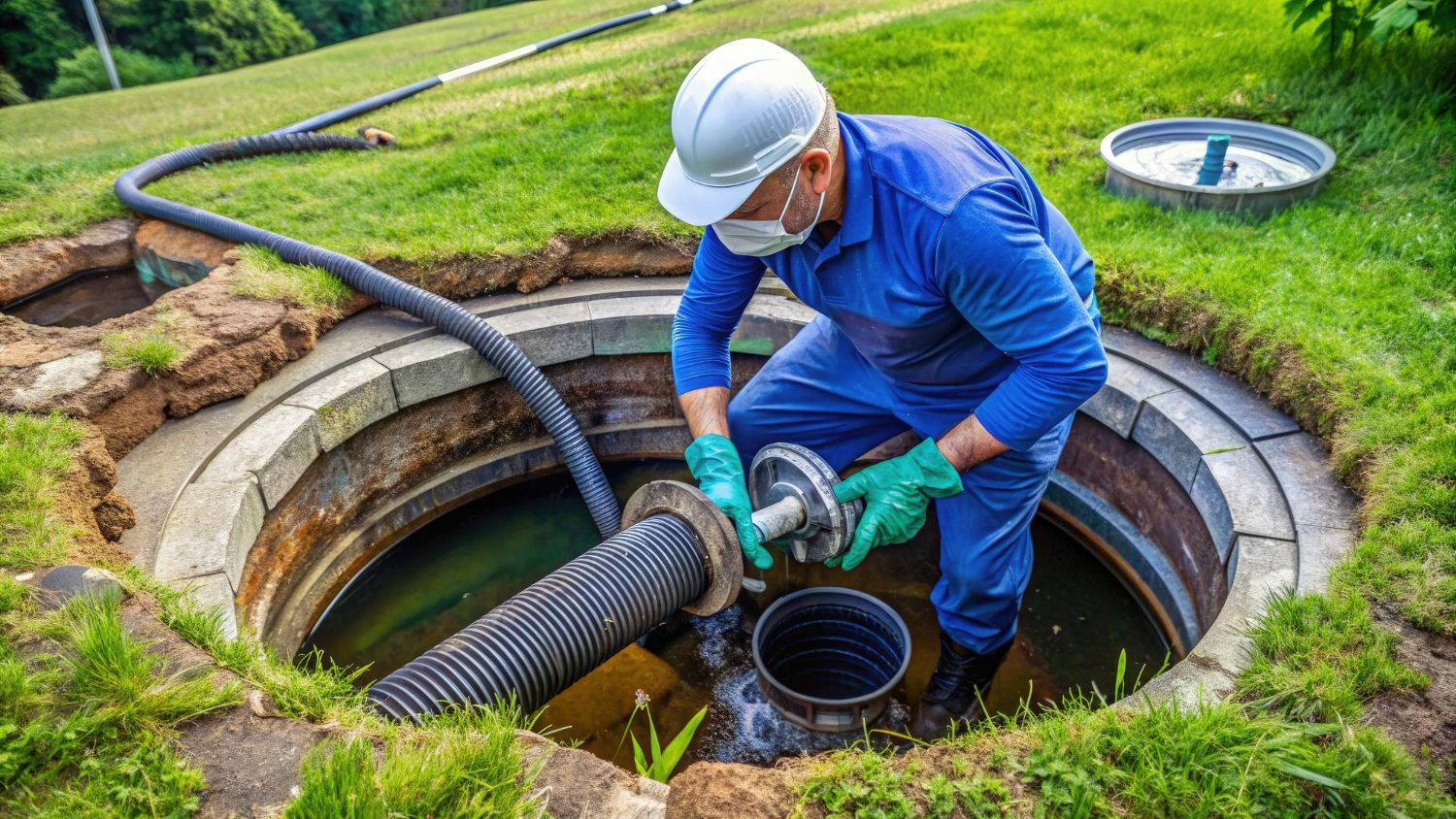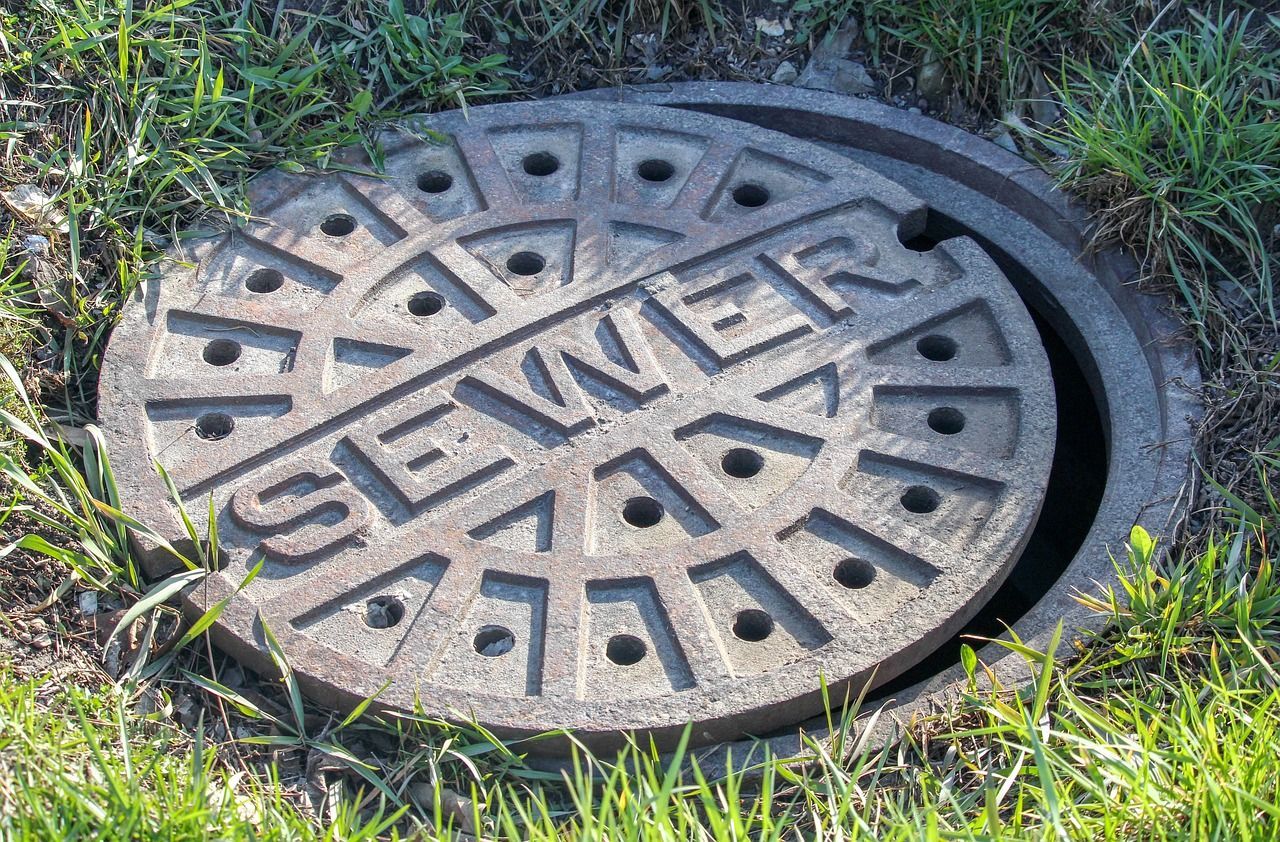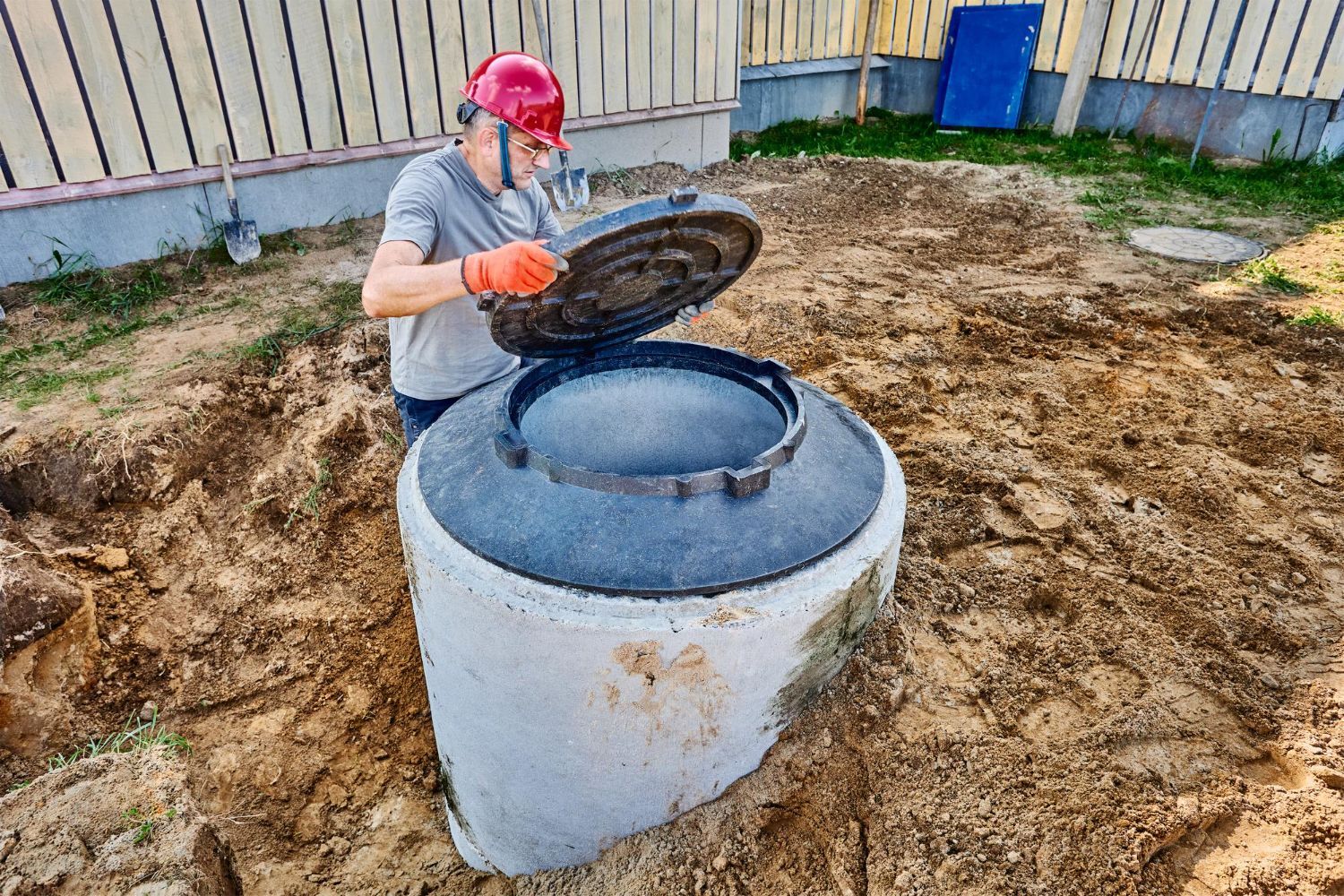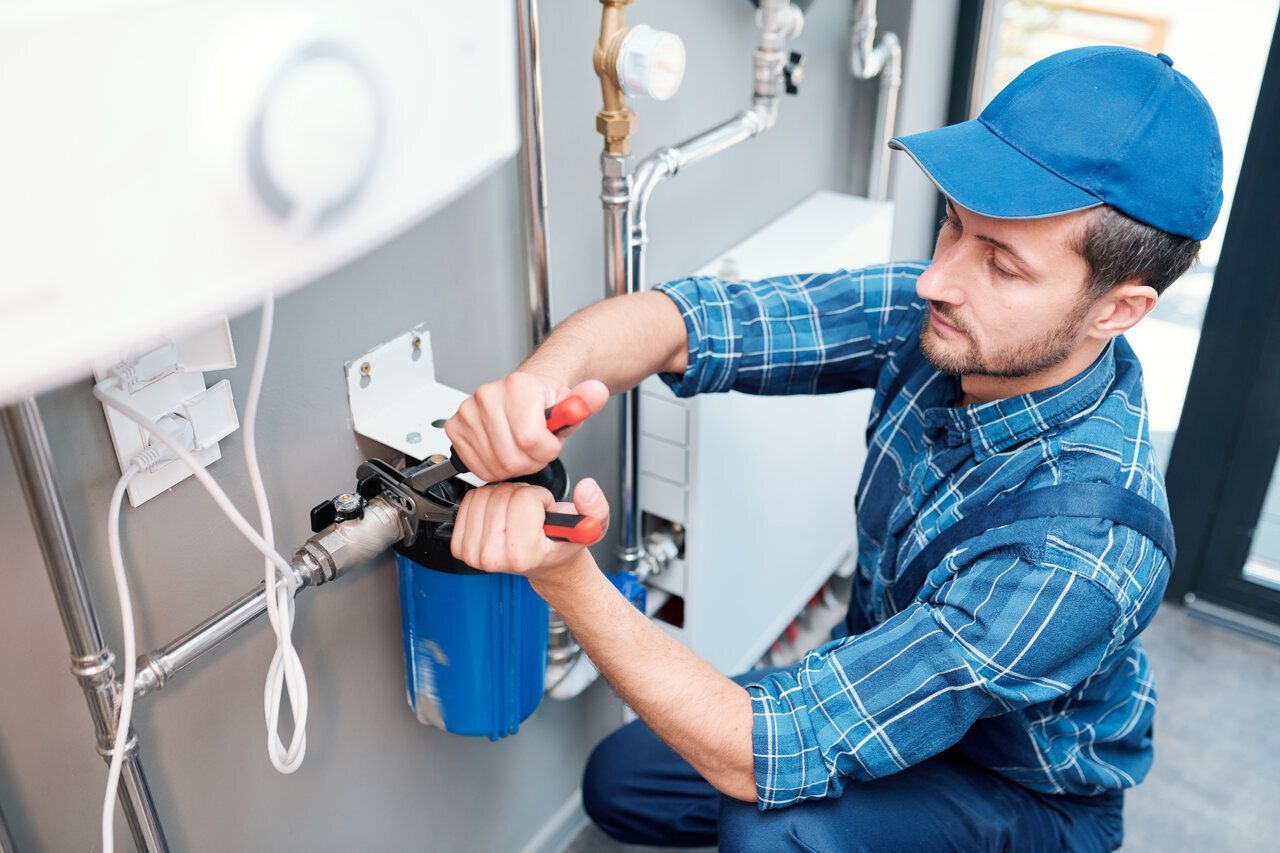Maintaining Your Home's Septic System Made Easy

Keeping your home's septic system in good shape is essential for a healthy and hassle-free home. A well-maintained septic system can prevent costly repairs and unpleasant issues like backups and foul odors. Fortunately, maintaining a septic system isn't as complicated as it might seem.
Knowing when something's wrong can prevent minor problems from becoming big headaches. With these strategies, you can safeguard your home's plumbing and maintain a clean and safe environment.
Understanding How Your Septic System Works
Understanding how your septic system works is crucial for keeping it in good condition. Your septic system processes and disposes of the wastewater from your home. It consists of a septic tank and a drain field. Wastewater flows into the septic tank, where solids settle to the bottom and form sludge, while oils and grease float to the top as scum.
Bacteria in the tank break down some of these solids, but the rest remain until they're pumped out. The liquid wastewater, or effluent, exits the tank and enters the drain field. Here, it gets further treated as it percolates through the soil, which removes harmful bacteria, viruses, and nutrients.
Knowing this process helps you realize the importance of regular maintenance. The septic tank needs to be pumped periodically to remove the sludge and scum, preventing them from overflowing into the drain field. Your septic system can become overloaded and fail without proper care, leading to unpleasant and costly issues.
Daily Habits to Keep Your Septic System Healthy
Incorporating healthy daily habits can significantly extend the life and efficiency of your septic system. First, be mindful of what you flush. Only human waste and toilet paper should go down your toilet. Flushing items like wipes, feminine hygiene products, or paper towels can cause blockages and other problems.
Avoid pouring grease, fats, and oils down the kitchen sink. These substances can solidify in the pipes and cause clogs. Instead, dispose of them in the trash. Use your garbage disposal sparingly and compost food waste whenever possible.
Another good habit is to use water efficiently. Spread out laundry loads and avoid running multiple water-heavy appliances simultaneously. Too much water entering the septic system can disrupt the delicate balance and cause it to function poorly. Fix any leaks promptly, as even small drips can add up and overload your system.
Following these simple daily habits helps ensure that your septic system runs smoothly and lasts longer, saving you time, money, and stress in the long run.
Signs Your Septic System Needs Attention
Knowing the signs that your septic system needs attention can save you from expensive repairs and stress. One of the most common signs is slow drains. If your sinks, tubs, or toilets are draining slower than usual, it could mean your septic system is having trouble.
Foul odors around your property, especially near the drain field, are another red flag. These smells can indicate that your septic tank is complete or that there’s a problem with the drain field. Look for wet spots or lush, green grass over the drain field. These can signal that effluent is surfacing instead of filtering through the soil as it should.
This could be a sign of trouble if you hear gurgling sounds in your plumbing. These noises can indicate that the system is backing up. Any of these signs mean it’s time for a professional inspection to diagnose and fix the problem.
When to Schedule Professional Septic Maintenance
Regular professional maintenance is crucial to keep your septic system functioning well. A general rule is to pump your septic tank every 3 to 5 years. However, the exact frequency can depend on your household size and tank capacity.
Even if you don't notice any signs of trouble, routine inspections help catch minor issues before they become significant problems. Regular visits from a septic professional ensure that your system is functioning correctly and extends its lifespan. They can also provide advice on how to care for your system better.
Schedule an inspection if you’ve purchased a new home with a septic system or recently had a major plumbing overhaul. These checks will give you peace of mind and ensure your system is ready to handle your household's wastewater needs.
Conclusion
Maintaining your home's septic system doesn’t have to be complicated or stressful. You can keep it running smoothly by understanding how it works, adopting healthy daily habits, and staying alert to signs of trouble. Regular professional maintenance is the key to preventing costly emergencies and ensuring everything runs efficiently.
If you notice any issues or it's time for a routine check, trust the Apollo Sewer & Plumbing experts. Our team is ready to help you maintain a healthy and efficient septic system. Contact us today for our
24-hour plumber services.

